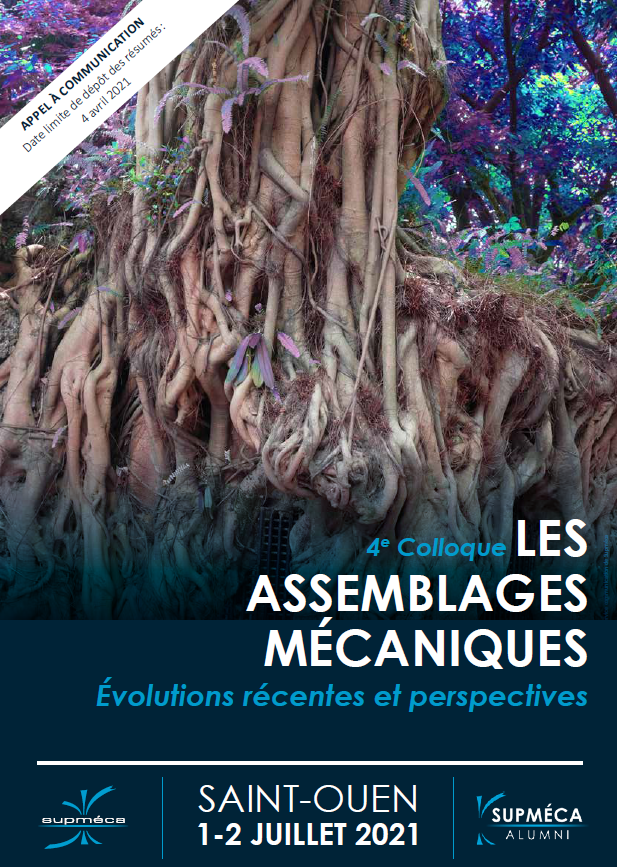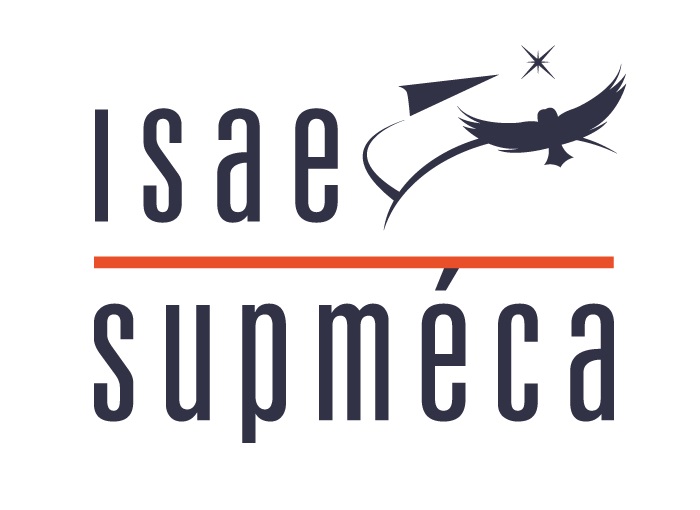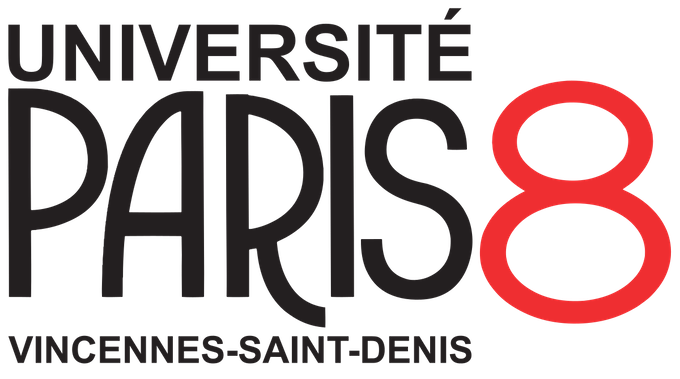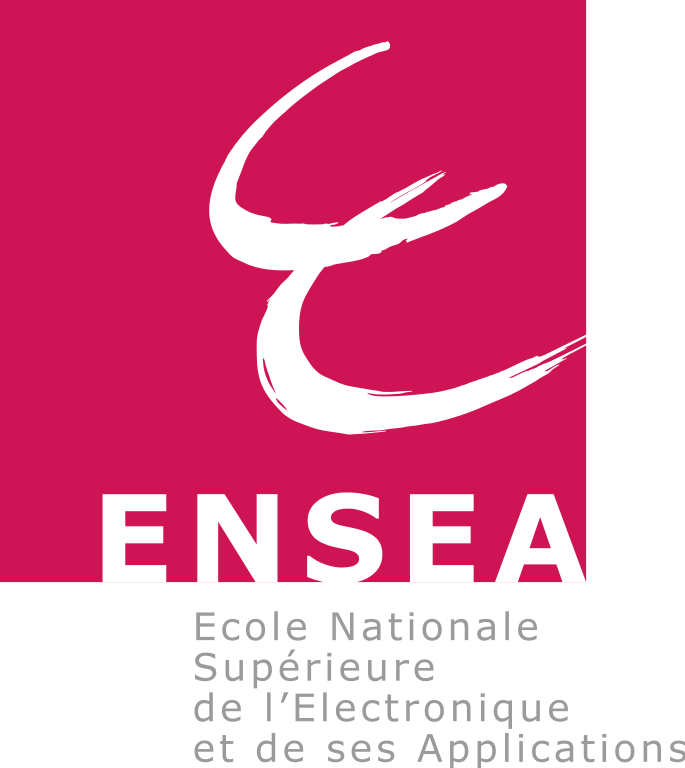4th Colloquium on Mechanical Assemblies
The performance requirements, in terms of reliability, safety, energy savings and respect for the environment, imposed on today’s mechanical engineering, require the optimization of the entire product cycle, from design to service life. In particular, in order to achieve the performance objectives of reducing production costs and cutting operating expenses designers use different materials and components to assemble them. This approach leads to research, optimization and even the design of mechanical assembly processes that meet increasingly demanding service conditions. The good knowledge and the control of these processes are essential points for their effective integration and optimal integration into industrial mechanical structures. This is why the development of numerical tools capable of modeling these assemblies is often a key point for design and innovation. These tools complement existing ones as well as the experience of designers. The issues related to Industry 4.0 require taking into account technological and digital developments in information exchange. The environment of connected objects opens new work strategies such as "smart tools". In the near future, it will be possible to envisage an interconnection between the various industrial activities which will open the way to emerging fields of the future (studies in an immersive environment, flexible production, real-time control and monitoring, preventive maintenance, connected embedded security...). In order to progress towards these objectives, this fourth Colloquium on "Mechanical Assemblies" proposes to take stock of the work in progress, corresponding to the following concerns :
- Fretting Fatigue of assemblies, shrinkage, cables ...
- Reliability of assemblies
- Behavior in extreme temperatures
- Characterization of mechanical properties of interfaces
- Semi-analytical reduced models
- Contact dynamics
- Assembly processes, glued-bolted connections, glued-riveted connections
- Intelligent and connected links
- In-service behavior monitoring
- Digital twin and machine learning on processes and products
- Evolution of designs and processes in Industry 4.0
In this context, the following topics will be particularly concerned :
Mechanical assemblies 4.0 :
Intelligent tightening methods and connected assemblies
Assembly orders and assembly sequences
Training tools in an immersive environment
Instrumented tooling, monitoring and predictive maintenance
Connector pre-sizing tools :
Development of simplified models, while maintaining the robustness of the solutions
Feeding of connector models, based on simple tests
Maintenance strategy :
Concept of criticality of assemblies for safety analysis
Risk-based design and maintenance approaches
Standardization :
Comparison and evolution of national and "company" standards
Control of the tightening of assemblies by deformation :
Taking into account the dispersion of materials
Probabilistic aspects applied to the "product-process" couple
Dynamic behavior of assemblies :
Numerical simulation of the dynamic response of assemblies (shape sensitivity)
Friction and adhesion, in the case of prestressed mechanical assemblies, stressed in shear
Taking into account the modal response of the damping in the assemblies
Role of a structuring of the contact interfaces
Multi-material bonding :
Advanced design methods and repair strategies
Characterization of adhesives
Bonding of composites
Hybrid Assemblies
The intervention of experts from different industrial sectors, concerned by mechanical assemblies, will allow participants to compare and evaluate current approaches and technologies and to discover those of tomorrow.
ORGANIZATION
Authors wishing to present an oral or poster paper should write a one-page abstract and submit it by April 4, 2021, to https://assemblages.sciencesconf.org
The original full paper (5 to 10 pages, optional) should be sent before June 30, 2021. This text may be published in the journals "Materials and Techniques" and "Mechanics & Industry", in agreement with the authors and subject to the acceptance of the reading committees.
PROGRAM
https://assemblages.sciencesconf.org/data/pages/CAM23_programme.pdf




